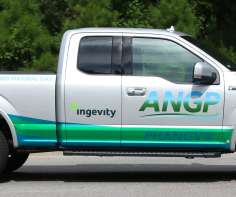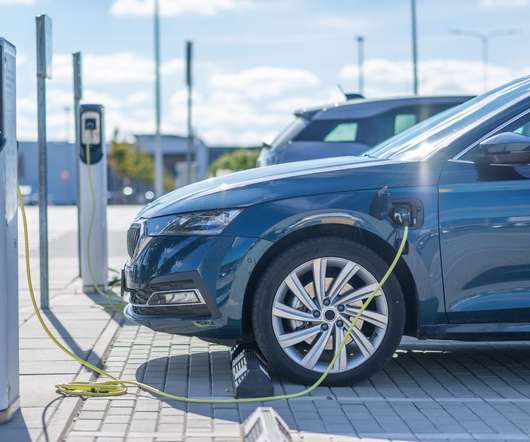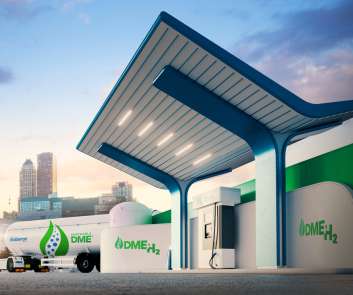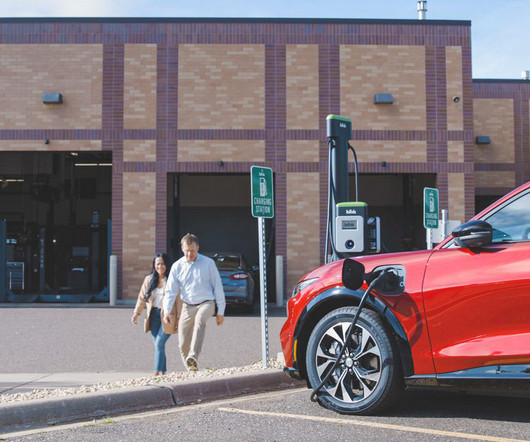California ARB releases proposed Innovative Clean Transit (ICT) regulation; 100% ZEB purchasing by 2029
Green Car Congress
AUGUST 8, 2018
The California Air Resources Board (ARB) has released its proposed Innovative Clean Transit (ICT) regulation ( earlier post ) and a Draft Environmental Analysis (Draft EA) for public comment. Battery electric buses and fuel cell electric buses qualify. To date, about 55% of all buses in California operate on alternative fuels.









































Let's personalize your content